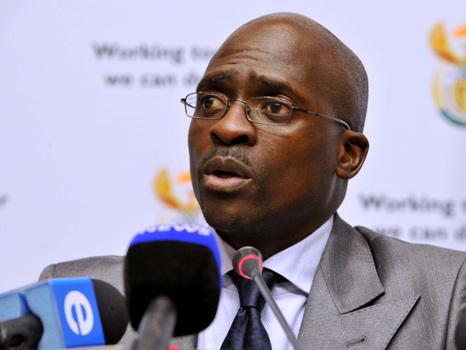Africa’s Great War Internal Dynamics
Philip Roessler, Senior Research Fellow at the University of Oxford, and Harry Verhoeven, doctoral student at Oxford, are currently conducting research on the internal dynamics that lead to the onset of war in Africa, and as part of this project have investigated the causes behind the regional warfare that broke out in the Congo in 1998. Known also as Africa’s Great War, or Africa’s First World War, this conflict claimed between 3 and 5 million lives before coming to an end in 2003.
The story begins in May 1997, when the Alliance des Forces Démocratiques pour la Libération du Congo-Zaí¯re (AFDL), backed heavily by the Rwandan military and other regional powers, toppled the long-running dictatorship of Mobutu Sésé Seko. The post-Mobutu government, with Laurent-Desire Kabila as president and Rwandan James Kabarebe as chief of staff of the new Forces Armées Congolaises (FAC), promised to restore stability to a region wracked by spreading violence and conflict since the early 1990s and punctuated by the 1994 Rwandan genocide. But in late July 1998, a mere fifteen months after taking power, Kabila, in a hasty move designed to catch the Rwandans off-guard, expelled his comrade-in-arms and all foreign forces from the Congo, igniting a second war that would draw in nine regional governments and become the most devastating conflict since World War II.
Little research explaining this radical reversal has been conducted and in a recent talk at the University of Oxford, Roessler and Verhoeven argued why doing so is crucial. Based on two years of interviews with key players on each side of the conflict, their research explores the internal dynamics that led to the breakdown of the post-Mobutu government and the onset of the August 1998 war in the DRC. Listen to a podcast of their talk here.






[…] The Internal Dynamics of Africa’s Great War | African ArgumentsMay 24, 2011 … Philip Roessler, Senior Research Fellow at the University of Oxford, and Harry Verhoeven, doctoral student at Oxford, are currently conducting … […]